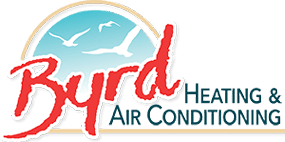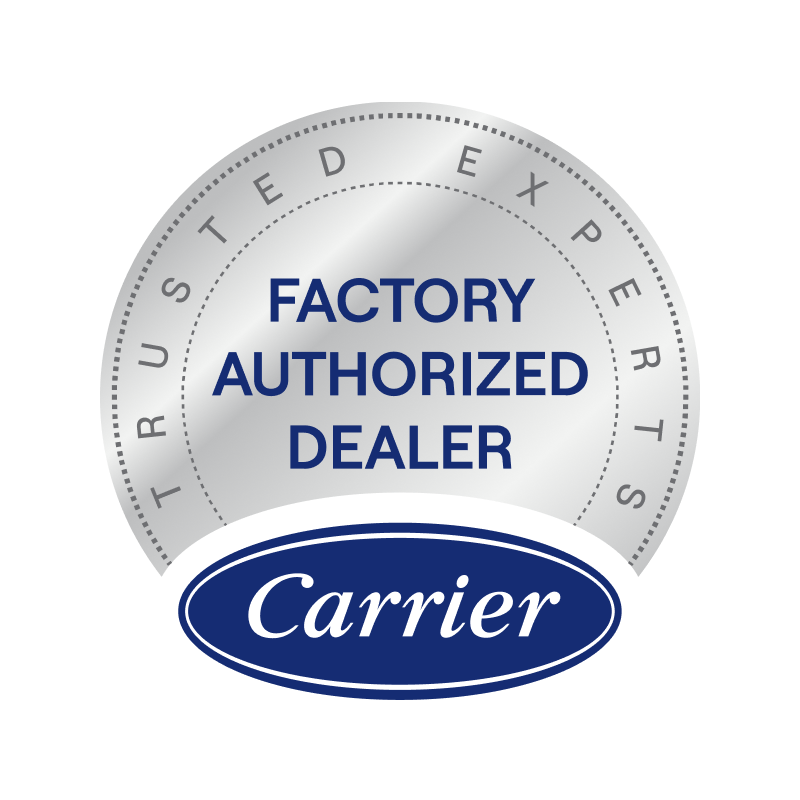 Air cleaners may have a reputation as something only those with severe allergies find useful, but in reality most households icould benefit from one.
Air cleaners may have a reputation as something only those with severe allergies find useful, but in reality most households icould benefit from one.
U.S. Environmental Protection Agency (EPA) research suggests indoor air is two to five times more polluted than outdoor air. Good ventilation helps, but it’s not always enough to rid your home of the pollen, mold spores, bacteria, chemical fumes and other contaminants that build up. No matter how clean you think your home is, there are a number of reasons to get an air cleaner.
Reason 1. Manage a health condition – Pollen, mold spores, pet dander, and debris from pests such as cockroaches and mice bring on allergies symptoms in those with sensitivities. These contaminants also can trigger asthma attacks. Respiratory conditions aren’t the only health issues worsened by air contaminants. If you have a cardiovascular condition, such as chronic heart disease, an air cleaner can benefit you by reducing your exposure to pollutants that contribute to blood vessel inflammation. A mid- to high-efficiency furnace filter traps a certain amount of particles, but air cleaners that contain HEPA (high-efficiency particulate arresting) filters remove the smallest ones, such as smoke particles and pollen fragments.
Reason 2. Reduce your exposure to VOCs – VOCs, or volatile organic compounds, are chemical fumes that come from household items, cleaning products, air fresheners, personal care products and other sources common in homes. Certain items, such as carpets, upholstery, treated wood and paint, “off gas” or emit a high amount of VOCs when new. If you’ve just bought a new home or remodeled, your home may have an elevated level of VOCs.
One of the common health hazards of indoor air contamination, long-term exposure to VOCs increases your risk of cancer and damage to your liver and central nervous system. These gases can’t be removed by any type of furnace filter. To control them, you’ll need a system designed to absorb gaseous pollutants, such as a gas-phase air cleaner.
Reason 3. Enjoy fresher-smelling air – Pets, cigarette smoke residue, cooking and piled-up laundry are just a few things than can make even a clean home smell less fresh. Sometimes even pleasant scents, such as those from personal-care products and fabric softeners, can get overwhelming. The filtration systems that control VOCs also will help you maintain a cleaner-smelling home.
Reason 4. Minimize colds, flus, and other illnesses – Air cleaners can’t prevent illnesses, but the right ones can reduce the amount of airborne contagens in your home’s air. The fewer disease-causing viruses and bacteria floating around, the less likely you are to breath them in.
Reason 5. Stay safe from mold – More than an allergen, mold spores raise even a healthy, non-allergic person’s risk of upper-respiratory infection, according to federal Centers for Disease Control and Prevention experts. Air cleaners are available to either physically remove mold spores from the air or sterilize them so they can’t spread mold in your home.
Reason 6. Reduce your exposure to smoke – Cigarettes and cigars, fireplaces and wood-burning stoves, and even normal cooking all produce varying amounts of smoke. Gases and particles from smoke are small enough to easily enter your lungs. They’re not healthy for anyone, but they’re especially hard on people with asthma and babies and children, whose lungs are still developing. An air cleaner designed to capture tiny pollutant particles and gaseous pollutants helps defend your family’s health from smoke.
Reason 7. Protect vulnerable household members – Babies, young children and the elderly have weaker immune systems than young, healthy adults. As a result, they’re more vulnerable to the potential health effects of mold, pest debris, VOCs, smog and other pollutants. For their well-being, consider improving your overall indoor air quality by installing a whole-house air cleaner that uses multiple purification methods to remove a wide range of contaminants.
Reason 8. Avoid agricultural pollution – Chemical pesticide fumes can travel on the air for thousands of miles. If you live anywhere near agricultural land, your home is likely to get an extra dose of these pollutants. The same is true if you have a large garden where you use pesticides and fertilizers. This is another area where gas-phase filters can help.
Reason 9. Avoid urban pollution– The Savannah area’s air may not have the same level of smog as Atlanta’s, but it still carries the potential for harm. Urban pollution is an even greater concern if you live near a busy road. Pollutants from car exhaust and industrial plants can aggravate asthma and irritate airways even in healthy people. The same types of air cleaners that handle smoke also help reduce urban pollutants that find their way indoors.
Choose the Right Type of Air Cleaner
Not all air cleaners can remove all types of contaminants. While many air cleaning systems handle multiple types of contaminants, including particulates, gaseous pollutants and biological contaminants, they accomplish this by using more than one air cleaning method. Understanding the common air cleaning methods will help you find the system that will work best for your household.
Mechanical filters – These are your commonHVAC air filters that consist of a layer of fibrous material designed to stop contaminant particles and let air pass through. They range from thin disposable filters that do almost nothing to clean your air to HEPA filters that can remove even viruses and smoke particles too small for the eye to see. Their efficiency is limited by the fact that the spaces between the fibers must allow some air through, meaning some particles also find their way through. What’s more, most residential systems aren’t build to handle filters in efficiencies higher than MERV 12, a category that includes HEPA filters (MERV 17-20). (MERV stands for minimum efficiency reporting value, and is a standard rating for filters employed in forced-air heating and cooling systems.)
Electronic air cleaners – These cleaners don’t use fibrous material, so they can capture the tiny particles that mechanical filters miss. They work on the same principle that causes static cling. When air enters the device, it passes through a section that gives an electric charge to the particles in the air. The air with the charged particles then passes by a metal collector plate that holds a charge that’s the opposite of the particles’ charge. The opposite charges attract each other, causing the particles to cling to the metal plate. Particulate-free air then flows out of the device.
Gas-phase filters – These systems are the best choice for removing VOCs and odor-causing molecules from your air. They contain a chemical filtration medium, usually activated carbon, that absorbs gaseous pollutants. They don’t capture particles such as pollen and mold spores, however, so you’ll still need a medium- or high-efficiency mechanical filter in your HVAC system.
UVGI air puifiers – Ultraviolet germicidal irradiation (UVGI) air purifiers radiate ultraviolet (UV) light into the air inside your ductwork. The light waves sterilize biological contaminants, such as viruses and mold spores, as they move through. Used for decades in medical settings, these air cleaners have a proven history of effectiveness. Not all residential UVGI cleaners contain a light that’s powerful enough to be truly effective, so choosing a high-quality model is essential. As with gas-phase filters, these systems don’t trap particles.
Whole-house or Portable: Which Air Cleaner is Right for You?
Whole-house air cleaners are installed in your heating and cooling system’s plenum and purify the air that passes through the system. Portable, or room, air cleaners are small, free-standing units that clean the air in only a limited area, usually one room. Both have their places, but before you choose, there are a few things to consider:
Capacity – Whole-house air cleaners deliver purified air through your duct system into every room of your home. A portable unit may do a great job cleaning the air around it, but if you leave that room, you’ll still be exposed to allergens and health-damaging pollutants.
Installation requirements – A whole-house air cleaner requires installation by a trained heating and cooling professional. A portable air cleaner is “plug and play.” If you’ve been considering a whole-house unit, but want clean air as soon as possible, consider getting portable unit to tide you over.
Exceptional air cleaning needs – Whether it’s during spring and fall allergy season or because you’ve just painted a room, there are times you may need a little extra air cleaning in one area. In these cases, a portable air cleaner is an ideal way to supplement your whole-house air cleaner. If you have seasonal allergies, try running a portable air cleaner in your bedroom in spring and fall.
The right air cleaner holds many potential benefits for your health, but seeking the best model for your needs can get confusing. If you could use a little help choosing air cleaners for your Tremont Park, Savannah or Garden City area home, contact us at Byrd Heating and Air Conditioning.
Image Provided by Shutterstock.com

